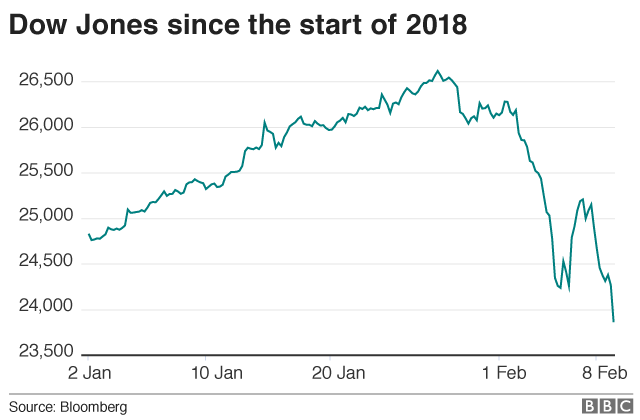QatzelOk wrote:The robotic quest to obtain more toxic crap you don't need has its philosophical base in the robotic strategizing of people who don't even know (or care) if their plans are genocidal.
It is very difficult to create alternatives to substitute for formal finance. Moreover, because of the progress of financialization across all swaths of the economy, formal finance has established a presence everywhere. The proximity of all transactions, either potential or currently actual, are like real estate to High Finance, which it seeks to control and dominate.
There are some opportunities to subvert these financial transactions, but they are difficult to formulate. Building an earthship is one way to subvert a lot of the financial transactions which affect our daily lives, for example. Participating in alternative energy trusts subverts a proportion of the financial transactions associated with financial savings, but such group implements are still inherently subordinate to financial and monetary transactional systems. Starting a log cabin business, where you construct homes using the local materials, and sell the cabins, would subvert some of the transactions, but the monetary relations are still inescapable. Buying tracks of land in the dessert and erecting solar panels in order to sell to the grid is another novel idea which would subvert some transactions, but through the sale of the energy you are still on object of monetary circumstances. However, if you divert some of the electricity for your own use, or for localized industrial use, you would subvert some additional transactions.
All these examples would require a lot of work to actualize, do not really subvert financial transactions but rather subvert only a number of them, and also demand creativity and technical proficiency of the operator. However, they also by subverting financial transaction, could be profitable in so far as they subvert monopolistic financial pricing mechanisms.






















 - By Tainari88
- By Tainari88